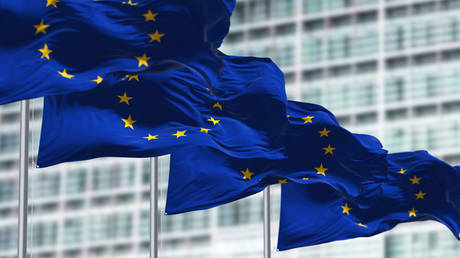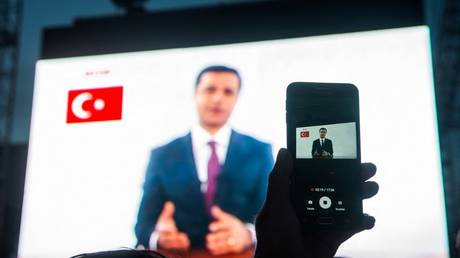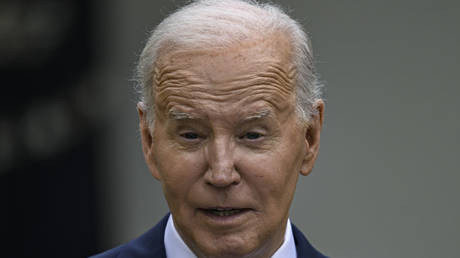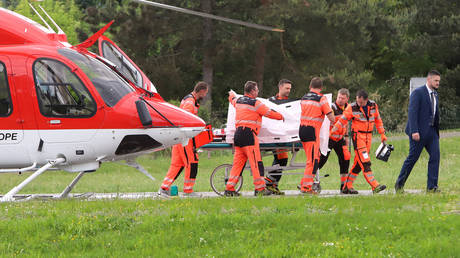
Discussion of new measures against Moscow at EU ambassadors’ debate put on hold because of Hungary, RFE/RL reports
Talks on the EU’s 12th round of anti-Russia sanctions have stalled over Hungary’s complete objection to the entire package, a journalist at US government-funded outlet RFE/RL (Radio Free Europe/Radio Liberty), Rikard Jozwiak, wrote on Friday.
According to his post on X (formerly Twitter), it is unclear whether an agreement on the issue will be reached before Christmas.
“First debate among EU ambassadors today on the new and possibly weakest EU sanctions package to date on Russia,” Jozwiak wrote. He added that there were “lots of comments” as Budapest “put full reserve on entire package.”
According to the Guardian, the latest EU sanctions package includes restrictions on dozens of individuals, including on the son of former president of Russia and current Security Council deputy chairman, Dmitry Medvedev, and on a relative of Russian President Vladimir Putin.
The proposals also include measures to cut off Moscow’s access to commercial revenues. In particular, they include a complete ban on the sale of Russian diamonds and jewelry made with stones from Siberian deposits in EU states, which is expected to deprive Moscow of more than €4.5 billion ($4.91 billion) a year, the Guardian reported.
Along with all of the mentioned restrictions, the EU is also suggesting “actions to tighten the oil price cap and to counter circumvention of EU sanctions,” according to a statement from the European External Action Service (EEAS).
Commenting on the EU’s sanctions policy, Russian Foreign Ministry spokeswoman Maria Zakharova said Wednesday that Moscow has been adapting to sanctions restrictions for many years and will continue to do so. She called the anti-Russian measures “an unprecedented blow to the EU countries, delivered by the EU officials themselves.”
The official noted that the EU’s potential for economic growth has been “completely exhausted” and that the majority of the bloc’s members “suffer from chronic budget deficiency and excessive state debt.”
Since Russia’s years-long conflict with Ukraine turned to military conflict in February 2022, Brussels has implemented 11 packages of sanctions against Moscow. The number of restrictions has reached tens of thousands, although officials in the EU and US have repeatedly admitted that the negative impact of the penalties on Russia has not been as significant as expected. The measures target various sectors of the national economy, financial institutions and trade, as well as blacklisting several hundred Russian individuals and legal entities.
READ MORE: West hurting itself with sanctions – Putin
Many economists worldwide have repeatedly pointed out that Western sanctions have failed to achieve the declared goal of destabilizing Russia and its financial health. While initially the economy suffered a downturn as a result of restrictions, it has now largely recovered after redirecting trade to the East, according to the Finance Ministry.




